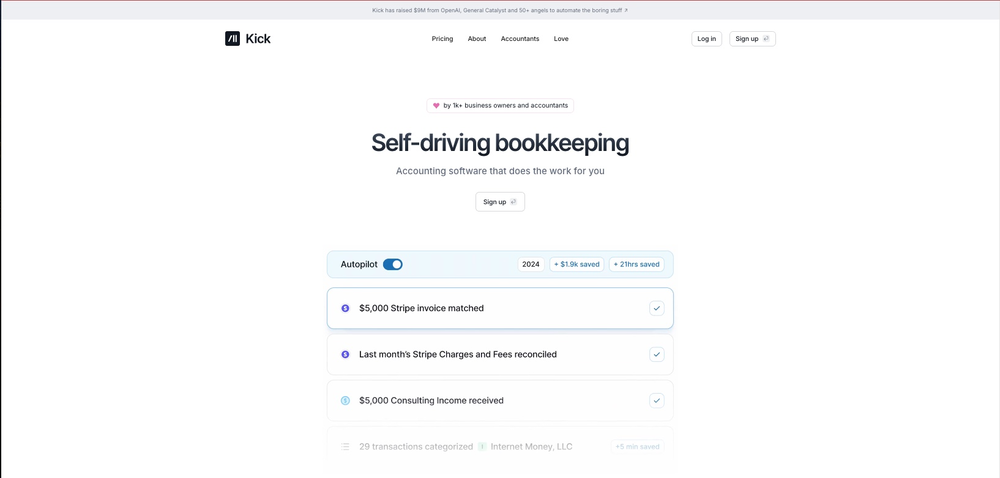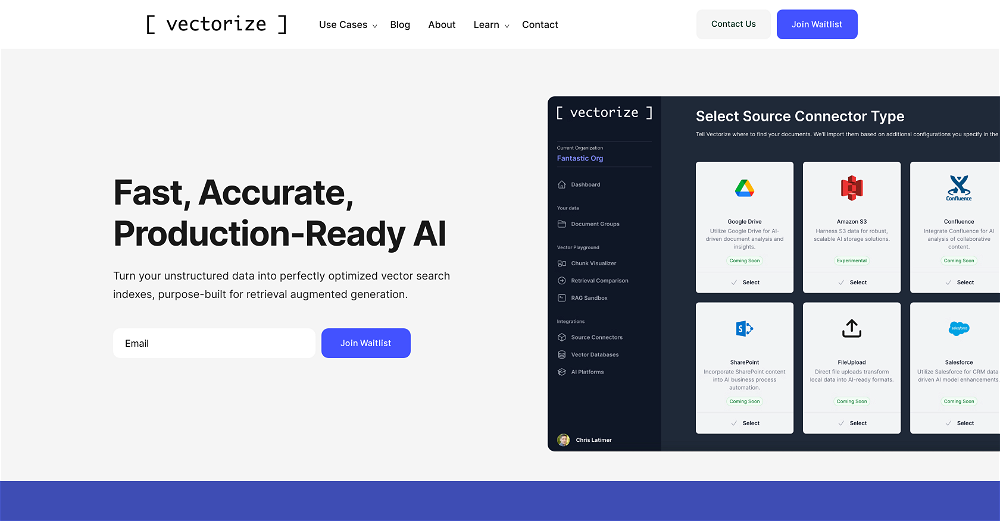What is Fuzzy Match?
Fuzzy Match is an AI tool that employs advanced machine learning algorithms to identify similarities in text, recognize spelling mistakes, and match names, addresses, and numerical data. It improves data matching processes and data accuracy. The tool accepts CSV or Excel files, uses semantic analysis and fuzzy matching to compare the user's query, and tolerates variances in spellings, formatting, and semantics. It enhances its matching capabilities via feedback loops and iterative learning.
How does Fuzzy Match match names, addresses, and numerical data?
Fuzzy Match uses sophisticated machine learning algorithms to efficiently match names, addresses, and numerical data. The user can specify the columns for the search, and the system then compares the query against the selected columns, even when accounting for potential disparities in spellings, formatting, and semantics.
How does Fuzzy Match deal with variances in spellings, formatting, and semantics?
Fuzzy Match intelligently compares the query against the selected columns, accounting for variations in spellings, formatting, and semantics via semantic analysis and fuzzy matching. This allows Fuzzy Match to deliver high-precision search results even amidst variances.
How does Fuzzy Match refine its matching capabilities?
Fuzzy Match constantly improves its matching capabilities through feedback loops and iterative learning, thus ensuring its adaptability to changing user needs and data structures.
Can Fuzzy Match tolerate typographical errors?
Absolutely, Fuzzy Match possesses the capability to tolerate typographical errors, enhancing precision in search tasks and facilitating data cleansing jobs.
How does Fuzzy Match adapt to evolving data characteristics?
Fuzzy Match models have the ability to adapt to the characteristics of input data, which they do without relying on pre-defined rules. This ensures they handle diverse patterns and variations effectively to ensure improved matching accuracy.
How does Fuzzy Match capture subtle similarities in large datasets?
By employing machine learning based fuzzy matching models, Fuzzy Match captures subtle similarities in large datasets. Advanced algorithms and optimization techniques are used to achieve superior performance, especially in large and noisy datasets.
Can Fuzzy Match identify missed matches in data retrieval tasks?
Yes, Fuzzy Match's algorithms can enhance recall by identifying missed matches in information retrieval tasks, thereby facilitating the retrieval of relevant documents from larger datasets.
What does Fuzzy Match offer to enhance the user experience?
Fuzzy Match offers improved user experience through efficient navigation and extraction of insights from large volumes of textual data. It delivers high-precision search results and easily tolerates typographical errors, variations in spellings, formatting, and semantics. Furthermore, it constantly refines its matching capabilities, making the tool more accurate and user-friendly.
How does Fuzzy Match's semantic analysis and fuzzy matching work?
Semantic analysis and fuzzy matching form the basis of Fuzzy Match's methodology. By using these techniques, the tool intelligently compares the query against selected columns in the data, accounting for potential variances in spellings, formatting, and semantics. This results in delivering high-precision search results.
How is user-uploaded data protected in Fuzzy Match?
Fuzzy Match ensures the protection of user-uploaded data by securely storing the files, which are then automatically deleted after 24 hours. Users also have the ability to delete their files before the expiration.
How does Fuzzy Match ensure data accuracy?
Fuzzy Match ensures data accuracy by leveraging advanced machine learning algorithms for text matching, in addition to detecting spelling mistakes. The tool constantly refines its matching capabilities through feedback loops and iterative learning, adapting to evolving data characteristics and capturing subtle similarities in large datasets.
How is Fuzzy Match for data cleansing tasks?
Fuzzy Match excels in data cleansing tasks due to its resilient capabilities in tolerating typographical errors and misspellings. These capabilities enhance the precision of the tool in search tasks.
What is the methodology behind Fuzzy Match?
Fuzzy Match's methodology combines advanced text matching techniques with state-of-the-art machine learning algorithms. Upon receiving a search query, it uses machine learning models to analyze and identify patterns in the search data. Through fuzzy matching and semantic analysis, Fuzzy Match then compares the query against the selected columns, accounting for variations in spelling, formatting, and semantics. The platform improves its matching capabilities continuously through feedback loops and iterative learning.
Does Fuzzy Match use any form of iterative learning?
Yes, Fuzzy Match incorporates iterative learning in its methodology. It uses feedback loops and iterative learning processes to constantly refine its matching capabilities, thus ensuring adaptability to changing user needs and data structures.
Can Fuzzy Match handle inconsistently formatted data?
Yes, Fuzzy Match has been designed to handle inconsistently formatted data. It can deliver highly precise search results even with diverse and inconsistently formatted datasets, thanks to its method of comparing queries against selected columns while accounting for spelling, formatting, and semantic variations.
 Reducing manual efforts in first-pass during code-review process helps speed up the "final check" before merging PRs
Reducing manual efforts in first-pass during code-review process helps speed up the "final check" before merging PRs This team took the time to understand the industry, problem and its users and designed a perfectly engineered solution. Kudos.
This team took the time to understand the industry, problem and its users and designed a perfectly engineered solution. Kudos.







How would you rate Fuzzy Match?
Help other people by letting them know if this AI was useful.